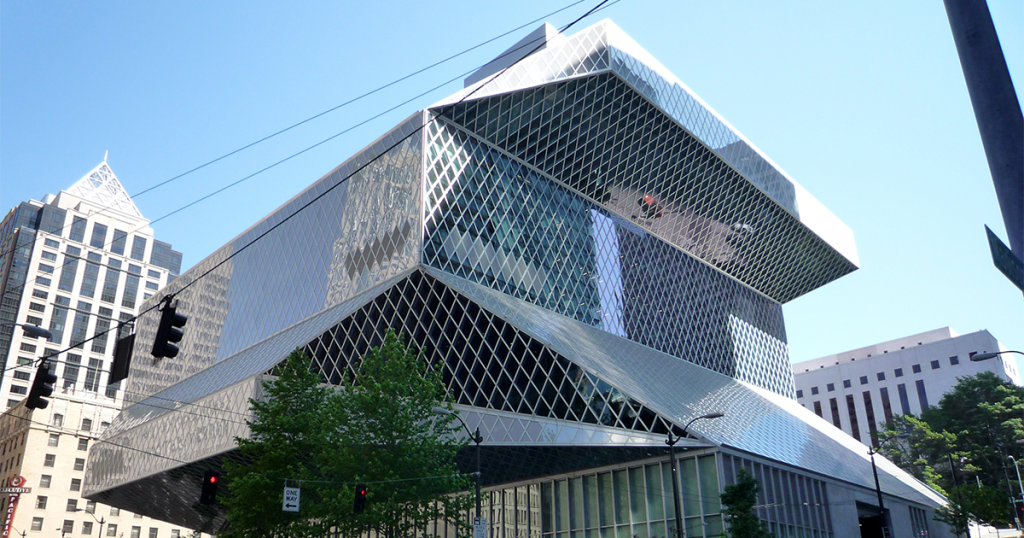Each year, millions of Americans are released from prisons and jails. Libraries work hard to help these formerly incarcerated populations transition back into their communities, providing free access to education and job training in a welcoming setting.
“Libraries & Reentry,” a recent report from the American Library Association, details the many ways that libraries support individuals returning from prison and jail. “Libraries go above and beyond when it comes to facilitating reentry for formerly incarcerated patrons,” report author Katelyn Ringrose told I Love Libraries. “Everyone deserves a library card, and for some, a library card might be their only lifeline, their only personal identification, and their only way into a public space where they can find a career and spend time reconnecting with family.”
Here are some of the important ways libraries serve formerly incarcerated individuals:
Providing career assistance
Public libraries provide free resources for job seekers at all stages of their careers, including skills training and resume and interview workshops. These services are particularly essential for people who have previously been incarcerated: research shows that conviction status can make it significantly harder to secure and maintain employment, contributing to a cycle of poverty for many individuals and their families. Some libraries provide specialized resources tailored to post-incarceration job seekers—examples include a class at Seattle Public Library focused on how to apply for jobs with a conviction history. And Georgia’s Gwinnett County Public Library is using an ALA Libraries Build Business grant to create an entrepreneurship incubator for returning citizens to develop business ideas, learn what is needed to run a successful business, and receive one on one support from successful entrepreneurs and business experts.
Connecting families
The criminal justice system can be devastating for families, so many libraries provide resources and programs to promote positive relationships between formerly incarcerated parents and their children. Brooklyn Public Library also works to engage caregivers who are still in jail or prison, coordinating video visitation for families and teaching parents how to support their children’s educational development from afar.
Sharing information
Libraries allow people of all backgrounds to freely access information through books, periodicals, databases, and more; for formerly incarcerated people, these resources are crucial for transitioning back into their communities. “There are plenty of men who were [incarcerated] for a longer time than me, who are coming home to a world they don’t even remotely understand,” Jason Dixon, who spent seven years in a Pennsylvania prison, shared in the report. Libraries like New York Public Library also curate information specifically geared toward the reentry process: NYPL publishes an annual free guide for formerly incarcerated individuals, with tips about how to access local housing resources, legal aid, health assistance, and more.
Promoting wellness
Incarceration takes an enormous toll on the millions of Americans in prisons and jails, and its negative mental health effects can linger long after an individual is released. Libraries are a haven where formerly incarcerated people can relieve stress through books, movies, hobbies, and technology. And for people experiencing mental health crises or substance abuse issues, an increasing number of libraries have on-staff social workers to provide assistance.
Libraries are a powerful asset for formerly incarcerated people and their families, and they need support from people like you to continue doing this important work. “If you work for a community organization, find ways to strengthen your ties to your local libraries,” Ringrose shared. “And most of all, tell your elected officials to support libraries as cost-effective means of facilitating reentry. Libraries do so much, but need funding in order to continue this great work.”
To advocate for library funding, sign up for action alerts from the American Library Association.



